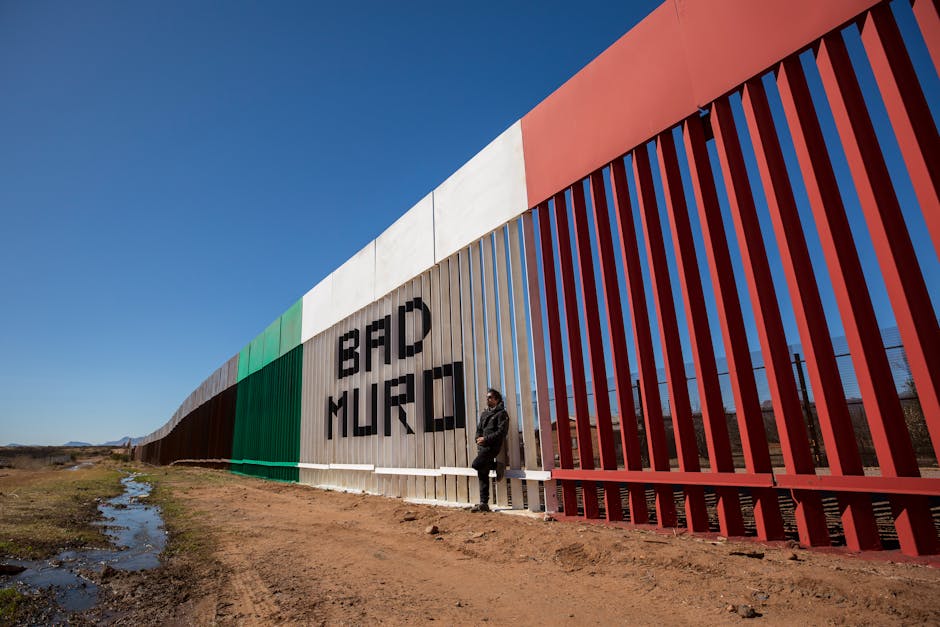The fragile calm of the Lebanese capital was shattered Tuesday evening as a powerful explosion rocked Beirut’s southern suburbs, a bastion of the powerful militant group Hezbollah. In a dramatic and dangerous escalation of the regional conflict, an Israeli drone strike killed Saleh al-Arouri, the deputy political leader of Hamas and a key architect of its military operations. The attack marks the first time Israel has targeted Beirut in months of cross-border hostilities that began after the October 7th attacks, pulling Lebanon perilously closer to the brink of a full-scale war.
A Direct Challenge in Hezbollah’s Backyard
The targeted killing took place in the densely populated Dahiyeh suburb, a nerve centre for Hezbollah’s operations. While the primary target was a senior Hamas official, the location is everything. Striking deep inside Hezbollah’s home turf is a direct and audacious challenge to the group and its leader, Hassan Nasrallah. For months, the conflict has been a grim, attritional battle largely confined to the Israel-Lebanon border. This strike changes the entire chessboard.
Who Was Saleh al-Arouri?
Saleh al-Arouri was no minor figure. Considered a top prize for Israeli intelligence, he was a founder of Hamas‘s military wing, the Qassam Brigades, and served as the group’s primary liaison with both Hezbollah and Iran. Israel has long accused him of masterminding attacks against its citizens from his base in Lebanon. His elimination is a significant operational and symbolic victory for Israel in its stated goal of dismantling the Hamas leadership. However, the victory comes at a potentially catastrophic price.
Nasrallah’s Red Line Crossed
The implications of this attack are profound and ripple across the Middle East. The immediate question is: how will Hezbollah respond? Hassan Nasrallah has repeatedly warned that any Israeli assassination on Lebanese soil would cross a red line and trigger a severe retaliation. That red line has now been unequivocally crossed.
Hezbollah is now caught between a rock and a hard place. A muted response could be seen as a sign of weakness, eroding its credibility as a “resistance” force and emboldening Israel to carry out further such attacks. On the other hand, a full-scale response, such as launching its sophisticated long-range missiles at Israeli cities, would almost certainly trigger a devastating war. This is a conflict that Lebanon, already crippled by an unprecedented economic and political crisis, simply cannot afford.
Israel’s High-Stakes Gamble
From Israel’s perspective, the strike is a high-stakes gamble. It signals to its enemies—Hamas, Hezbollah, and their patrons in Tehran—that its intelligence reach is long and that no leader is safe, regardless of their location. Israeli officials are likely calculating that Hezbollah, despite its fiery rhetoric, does not have the appetite for a war that would annihilate Lebanon. They are betting that Nasrallah will be forced to swallow this bitter pill with a limited, face-saving response rather than ignite the entire northern front.
Region on Edge as a Wider War Looms
The coming days are critical. The world will be watching for Hezbollah’s reaction and the subsequent Israeli counter-move. This single drone strike has torn up the unwritten rules of engagement that have governed the conflict for the past three months. As Beirut sweeps up the glass and counts the dead, the entire region holds its breath, fearing that the Gaza war has just opened a terrifying new chapter in Lebanon.




